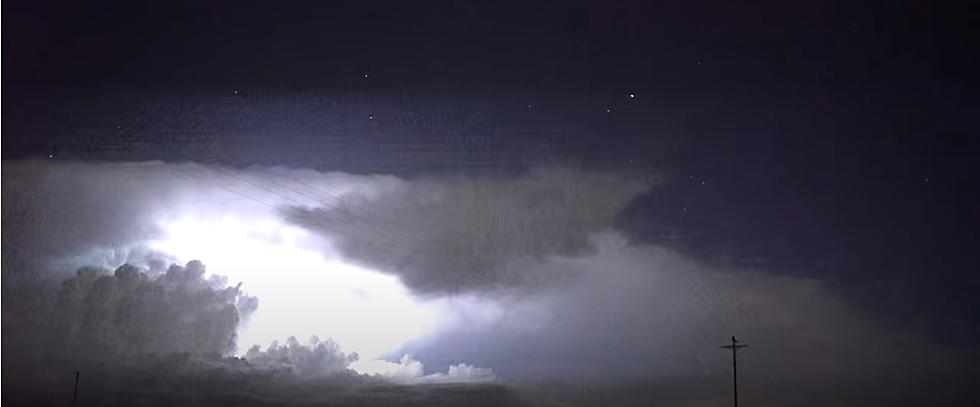
Unplugging the Myth: Is Showering During a Texas Thunderstorm Truly Risky for Electrocution
The clouds are starting to roll in and the sky is darkening. Your weather app is setting off alerts and there's a thunderstorm moving in the area. You're just got home, you're dirty from working all day and you need a shower.

You start moving towards the bathroom, half of your clothes are probably off, you've started the water to warm up and then you hear it.
"You can't shower there's a storm, you'll die?"
We've all heard it. Our parents heard it, their parents heard it. As long as there has been indoor plumbing that's been heard by all who try to take showers while there is a storm in the area.
Is it a wives' tale or is it true?
There is some truth to showering during a thunderstorm. Back in the day, most of the plumbing in the home was copper, which is a great conductor of electricity and so is tap water. If lightning were to hit home while someone was in the shower, it is quite possible that they would be electrocuted.
Today, most homes are fitted with PVC or PEX piping. However, copper and galvanized metal is still used. Although it would be unlikely that you would get a shock while showering in a thunderstorm, it isn't impossible.
According to the National Weather Service, Texas didn't have any lightening related deaths in 2022. Throughout the US 19 people died due to lightning-related deaths and 3 were in the water, however, it doesn't specify if that was in a shower or bath.
When it comes to showering during a thunderstorm, it's better to err on the side or caution and don't shower. When the CDC recommends not to shower during a storm you probably want to heed those warnings.
When there's thunder there's lightning!
The CDC's website has a whole section on lightening and the question was asked, Is it safe to take a shower or bath during a thunderstorm?
No. Lightning can travel through plumbing. It is best to avoid all water during a thunderstorm. Do not shower, bathe, wash dishes, or wash your hands. The risk of lightning travelling through plumbing might be less with plastic pipes than with metal pipes. However, it is best to avoid any contact with plumbing and running water during a lightning storm to reduce your risk of being struck.
There you have it, Grandma was right as always and I guess the answer to this question is:
WARNING: Shower at your own risk during a thunderstorm.
Shocking: Top 10 States For Lightning Deaths And Texas Ranks Very High
Do You Know These Spark-tacular Lightning Facts?
Dust Storms in the Texas Panhandle Then and Now
More From 101.9 The Bull









